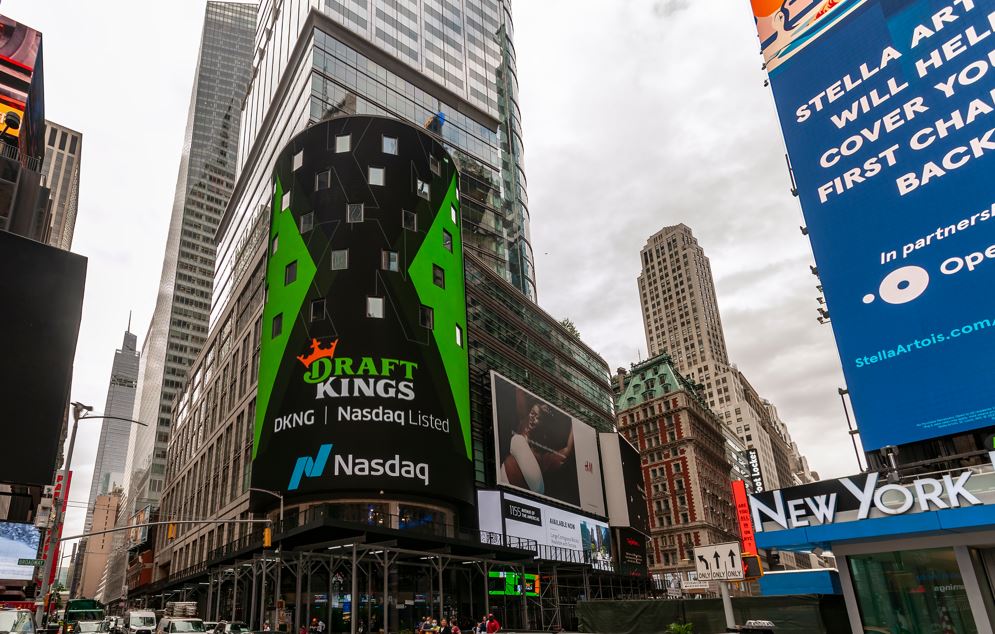Prediction-market fears overhyped, analyst says

The stock market has a “shoot first, ask later” attitude toward digital-gaming companies, opined J.P. Morgan analyst Daniel Politzer, pointing to the recent 18% plunge in DraftKings’ stock price and the 11% dive taken by Flutter Entertainment, earlier this week.
The stock declines were prompted by new product offerings from Kalshi, further encroaching upon online sports betting. Politzer’s views were conveyed in a 2 October investor note.
Politzer allowed that digital-gaming stocks were oversold, but said regulatory clarification of what is and is not sports betting would be needed before they can be re-rated.
“There’s also not a clear timeline on when we will get regulatory clarity/comfort, which could result in either an end to prediction markets being widely offered on sports, or greenlight them and embolden DraftKings and peers to enter the market and deploy a (likely) superior product,” he wrote.
OSB operators, he added, could be heartened by a 1 October court ruling in Nevada. Crypto.com sought a preliminary injunction against the Nevada Gaming Control Board to allow it to offer event contracts in the Silver State. Judge Andrew Gordon ruled that sports-event contracts do not constitute derivative swaps.
Politzer continued that the bear market views prediction markets as shrinking the total addressable audience for OSB, reducing profit margins. He was not convinced.
“We think investors are treating Kalshi’s recent parlay ‘tease’ this past Monday night as the breaking of the last remaining levee that entrenched OSB operators, quickly disregarding the product superiority and branding (i.e., household names) that has taken considerable time and money to build,” Politzer opined.
The difficulty for OSB providers, he continued, lay in such large states as Texas and California. There, by such time as sports betting is legalized, the prediction markets will be entrenched and enjoying a first-mover advantage.
Investors’ other fear, Politzer continued, was that Kalshi and its fellows would, in states with regulated sports betting, parlay their tax-free status into dry powder with which to compete. They also, he said, had considerable capitalization on which to draw, bleeding traditional OSB providers dry.
However, he felt it was difficult to discern a pathway whereby Kalshi could match the scale of the OSB giants. Its constituency, by Kalshi’s own description, consists of traders, hedgers and market makers.
“To us, it’s unclear how a peer-to-peer exchange could meaningfully scale its parlay offering in the absence of large pools of capital that are willing to absorb sizable sport outcome volatility,” Politzer explained. He pointed to the swings suffered by OSB operators, as much as $100 million a quarter, that have been caused by adverse NFL results.
In closing, Politzer was not entirely sanguine about DraftKings’ near-term prognosis. He wrote, “given the customer-friendly results of NFL games this past Sunday and Monday night (28 September and 29 September), our updated view is that 3Q structural hold should be solid, but unfavorable game impact will likely more than offset structural hold gains by a considerable amount, and 3Q hold will be worse than we had thought last week.”
He estimated the downside to cash flow as $36 million.
David McKee is an award-winning journalist who has three decades of experience covering the gaming industry.
Verticals:
Sectors:
Topics:




